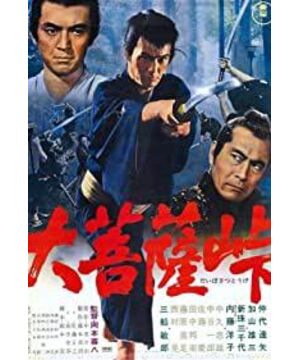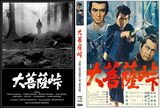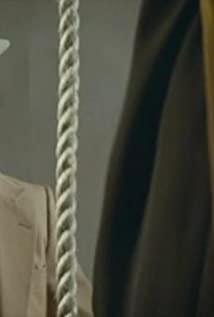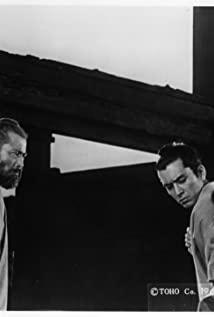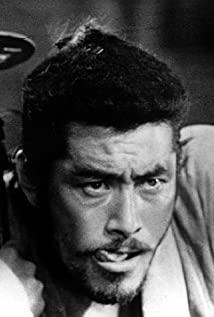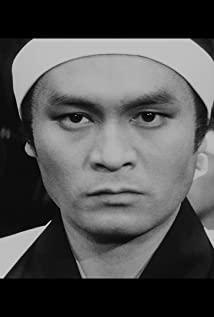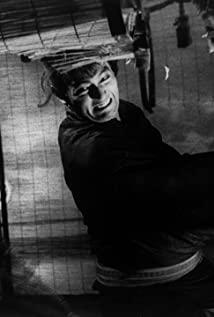The sword of Jilongzhisuke is the sword of saving people. At the beginning, he spent the pilgrim old man who wanted his granddaughter to live a happy life in the Great Bodhisattva Ridge. The real Bodhisattva on the mountain is actually Long Nosuke. The sword can kill and save people. When Jilongzhisuke uses the silent sword style, he always retreats one after another, staring at his sword silently, trying his best to convince himself of his beliefs. Knowing that there was an ambush with a sword stream in front of Jiayuan, Ryunosuke still chose to use his sword to make a way, because if he flinched, he could no longer believe in the sword in his hand.
Some people say "Kill Bill" is very similar to "Big Buddha Ridge". Indeed, when Abin put his hands together and begged to die under Ryunosuke's sword for relief, I recalled the scene where Ryunosuke killed the old man at the beginning of the film. Abin not only rescued himself from the hell, but also temporarily bridged Ryūnosuke's belief that was broken by Shimada, allowing him to live on until he meets Asong.
When Long Zhisuke and Asong were alone in the same room, facing this pure girl, and listening to her face to face telling about the past that happened in Da Bo Sa Ling, he was still shaken. "At the beginning of Zen, you should see mountains as mountains and see water as water; when Zen has enlightenment, see mountains as mountains and see water as not water; in Zen, see mountains as mountains and see water as water." Killing is killing. To kill is to save people, and to kill or to kill. Ryunosuke can't break through this last layer, so he can only continue to struggle in Infernal Hell. Isn't the final mass killing formation a symbol of Infernal Hell? Finally Ryunosuke rushed to the camera, whether he can break out of the world in front of the camera, we don't know, this is a question left to us by the director.
I like "Kill Bill" very much. As mentioned earlier, someone compares "Kill Bill" with "Big Bodhisattva Ridge", so I can't help but talk about these two films in my mind. Even the movie and the two movies are very exciting, but it is a pity that no matter how much Quentin likes oriental culture, it is impossible to understand what "youxuan" is. The same is the scene of the confrontation. Quentin couldn't capture the momentum of the snow battle in "Big Bodhisattva Ridge". There is also a snow battle in "Kill Bill 2". Compare it and make it clear at a glance. Of course, this has nothing to do with talent, because some things are indeed unique to Eastern civilization. The samurai played by Toshiro Mifune, no matter how fierce the fight is, his shoulders are always steady. Nakatatsu Daiya can perform a samurai insane frenzy, but when you look closely, there is still a strategy in the chaotic battle. The narrative techniques can be similar. Quentin’s films also have their own unique features, but the meaning of "Big Bodhisattva Ridge" is more beautiful with a long aftertaste.
View more about The Sword of Doom reviews


